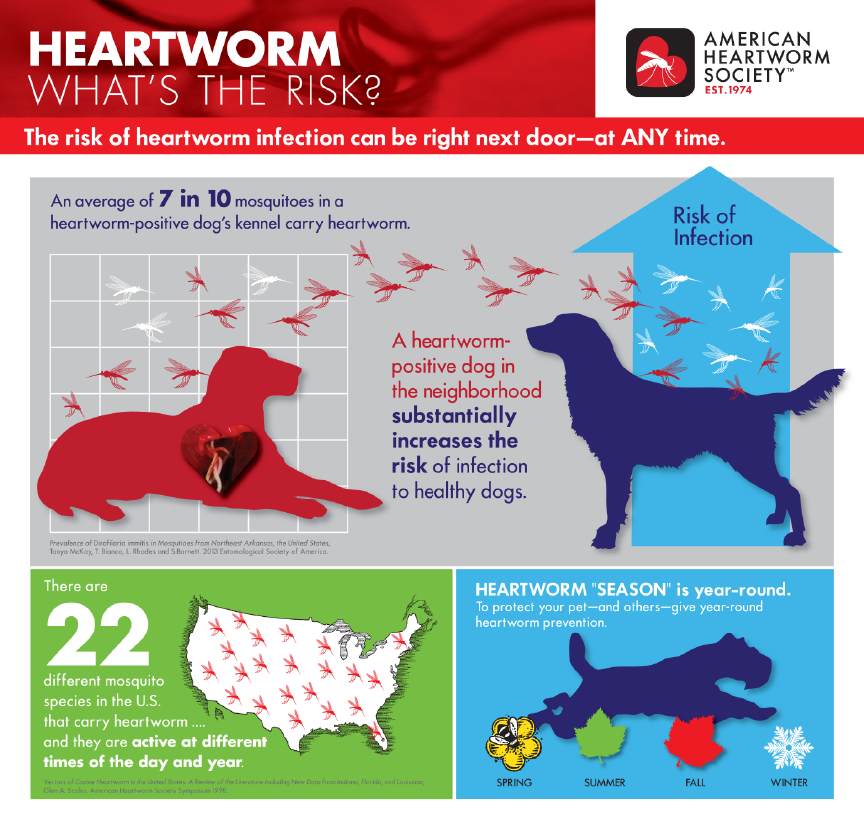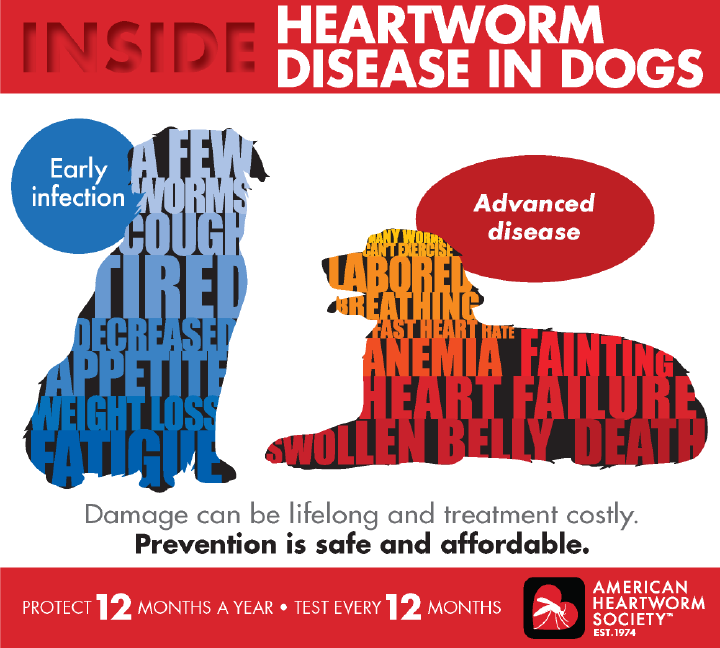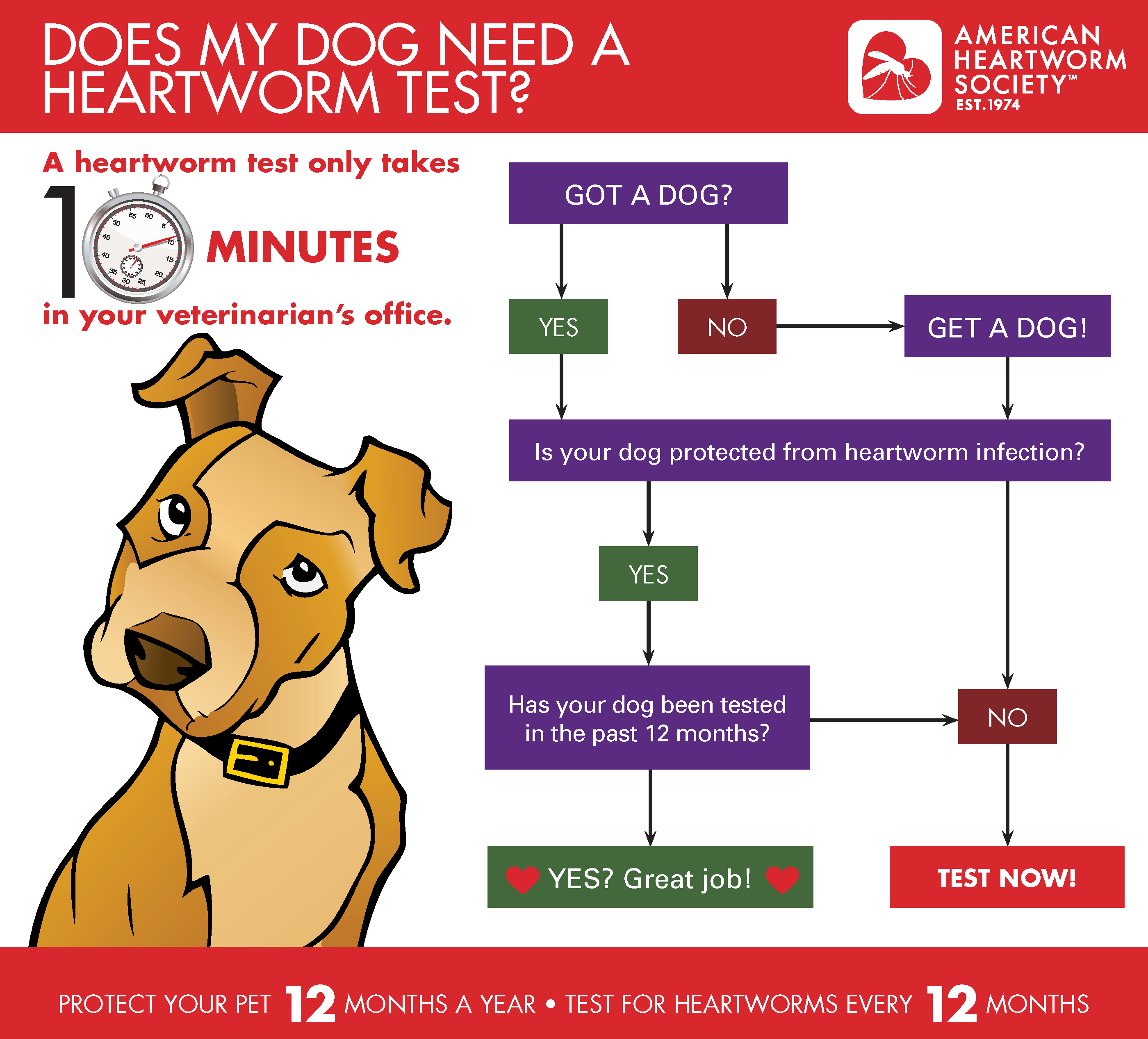Saving Heartworm Positive Dogs One Day at a Time

The Furkids Dog Shelter is experiencing a spike in heartworm positive cases with more than 50% of the dogs in our program testing positive, like Tiger P!
At Furkids, we are intent on rescuing animals who have specific medical needs and providing educational tools + research to our community, because every life matters to us! Heartworm treatment is expensive, difficult, and time-consuming but it is also very treatable.
What is heartworm disease?
Heartworm disease is a serious and potentially fatal disease in pets that is caused by heartworms that live in the heart, lungs and blood vessels of affected pets. This can result in serious lung disease, heart failure, and damage to other organs. Mosquitos play an essential role, and it only take 1 bite from an infected mosquito to spread the disease. Because heartworm disease causes lasting damage to the heart, lungs, and arteries, which affects the dog's quality of life long after the parasites are gone, prevention is the best option.

What are signs of heartworm disease in dogs?
In the early stages of the disease, many dogs show few symptoms or no symptoms at all. The longer the infection persists, the more likely symptoms will develop.
Signs of heartworm disease may include:
- a mild persistent cough
- reluctance to exercise
- fatigue after moderate activity
- decreased appetite
- weight loss

When should my dog be tested?
All dogs should be tested annual for heartworm infection, which can usually be done during a routine vet visit.
- Puppies under 7 months can be started on heartworm prevention without a heartworm test (it takes at least 6 months for a dog to test positive after it has been infected), but should be tested 6 months after your initial visit, tested again 6 months later and yearly after that to ensure they are heartworm-free.
- Adult dogs over 7 months and previously not on a preventive need to be tested prior to starting heartworm prevention. They, too, need to be tested 6 months and 12 months later and annually after that.
- If there has been a lapse in prevention (one or more late or missed doses), dogs should be tested immediately, then tested again six months later and annually after that.
Annual testing is necessary, even when dogs are on heartworm prevention year-round, to ensure that the prevention program is working.

What happens if my dog tests positive?
The goal is to first stabilize your dog if he is showing signs of disease, then kill all adult and immature worms while keeping the side effects of treatment to a minimum.
Here's what you should expect if your dog tests positive:
- Confirm the diagnosis. Because the treatment regimen for heartworm is both expensive and complex, your veterinarian will want to be absolutely sure that treatment is necessary.
- Restrict exercise. Physical exertion increases the rate at which the heartworms cause damage in the heart and lungs.
- Stabilize your dog's disease. Before actual heartworm treatment can begin, your dog’s condition may need to be stabilized with appropriate therapy.
- Administer treatment. Once your veterinarian has determined your dog is stable and ready for heartworm treatment, he or she will recommend a treatment protocol involving several steps. Dogs with no signs or mild signs of heartworm disease, such as cough or exercise intolerance, have a high success rate with treatment. More severe disease can also be successfully treated, but the possibility of complications is greater.
- Test (and prevent) for success. Approximately 6 months after treatment is completed, your veterinarian will perform a heartworm test to confirm that all heartworms have been eliminated. To avoid the possibility of your dog contracting heartworm disease again, you will want to administer heartworm prevention year-round for the rest of his life.
How do monthly preventatives work?
Heartworm preventives must be purchased from your veterinarian or with a prescription through a pet pharmacy. Whether the preventive you choose is given as a pill, a spot-on topical medication or as an injection, all approved heartworm medications work by eliminating the immature (larval) stages of the heartworm parasite.
Because heartworms must be eliminated before they reach this adult stage, it is extremely important that heartworm preventives be administered strictly on schedule (monthly for oral and topical products and every 6 months for the injectable). Administering prevention late can allow immature larvae to molt into the adult stage, which is poorly prevented.
For more information, visit heartwormsociety.org.
Research and graphics provided by the American Heartworm Society.








_200_49.png)



_200_175_75.JPEG)










